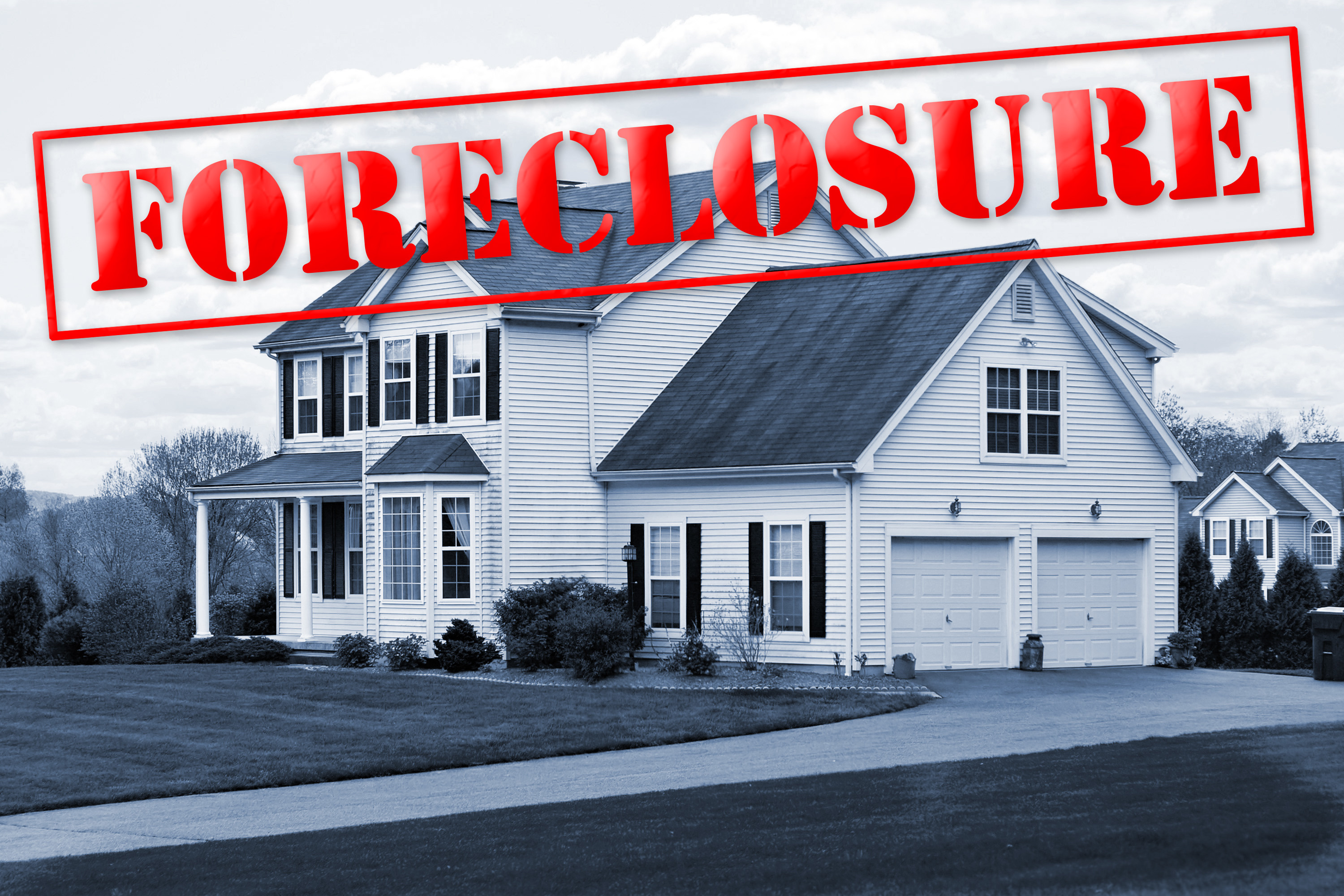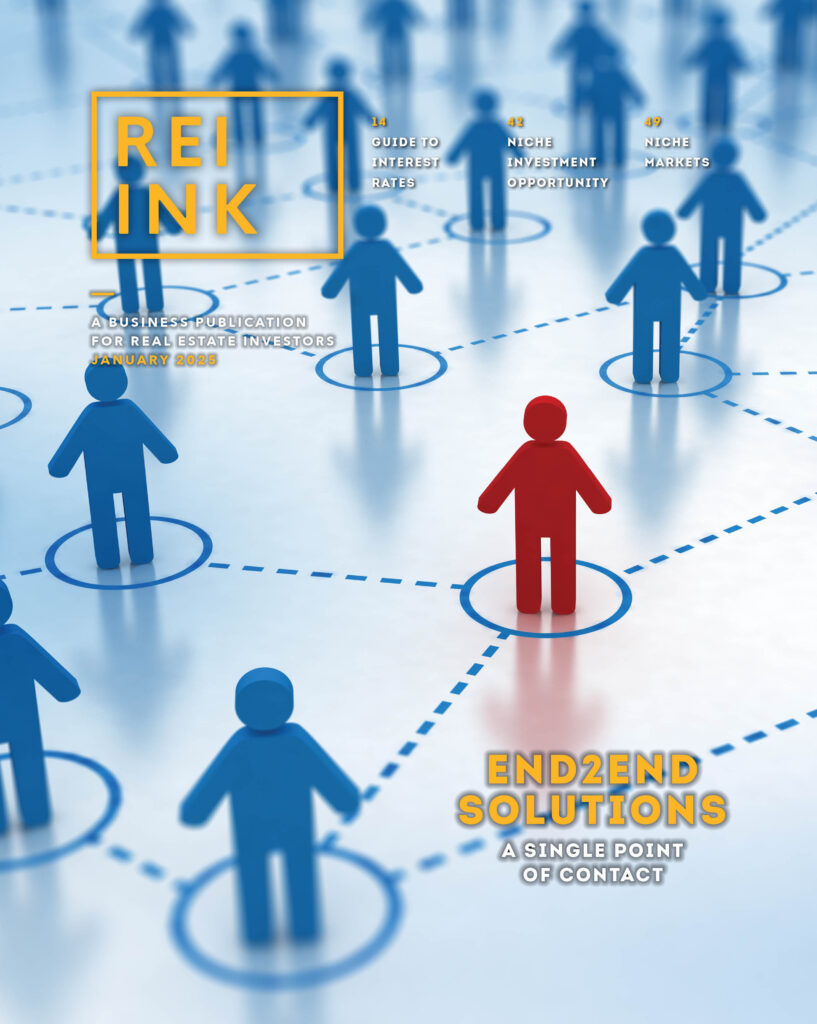HomeLight Acquires Eave
Real estate technology platform HomeLight, based in San Francisco, has acquired Eave, a digital mortgage startup with a proprietary software platform that automates 70 percent of the mortgage process. Additionally, HomeLight has launched a home loans division that will operate in six states, including California, Colorado, Washington, Oregon, Pennsylvania and Texas. HomeLight is a resource for home sellers and buyers who use its Agent Matching service to hire real estate agents and its Simple Sale™ product to tap into a network of pre-approved cash buyers. It has helped list more than $10 billion in homes. The company has more than 150 team members across offices in San Francisco, Scottsdale, Brooklyn and Seattle. The acquisition of Eave allows HomeLight to offer products and services across the complete buying and selling cycle, from search to close. Eave offers a full underwrite in just 24 hours, a 30-minute application, guaranteed 21-day close, low interest rates and experts to guide clients through the process. Both companies built their technology platforms from the ground up in order to solve specific pain points throughout the home buying and selling process. “We’re thrilled to bring Eave’s stellar product and team into the HomeLight family,” said Drew Uher, founder and CEO of HomeLight. “By harnessing Eave’s proprietary mortgage technology, we believe we can significantly improve the home-buying process for everyone involved: buyers, sellers and agents alike.”
Read More









